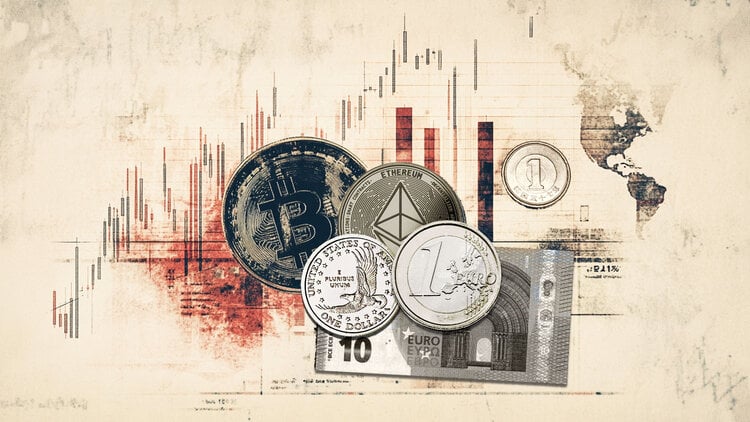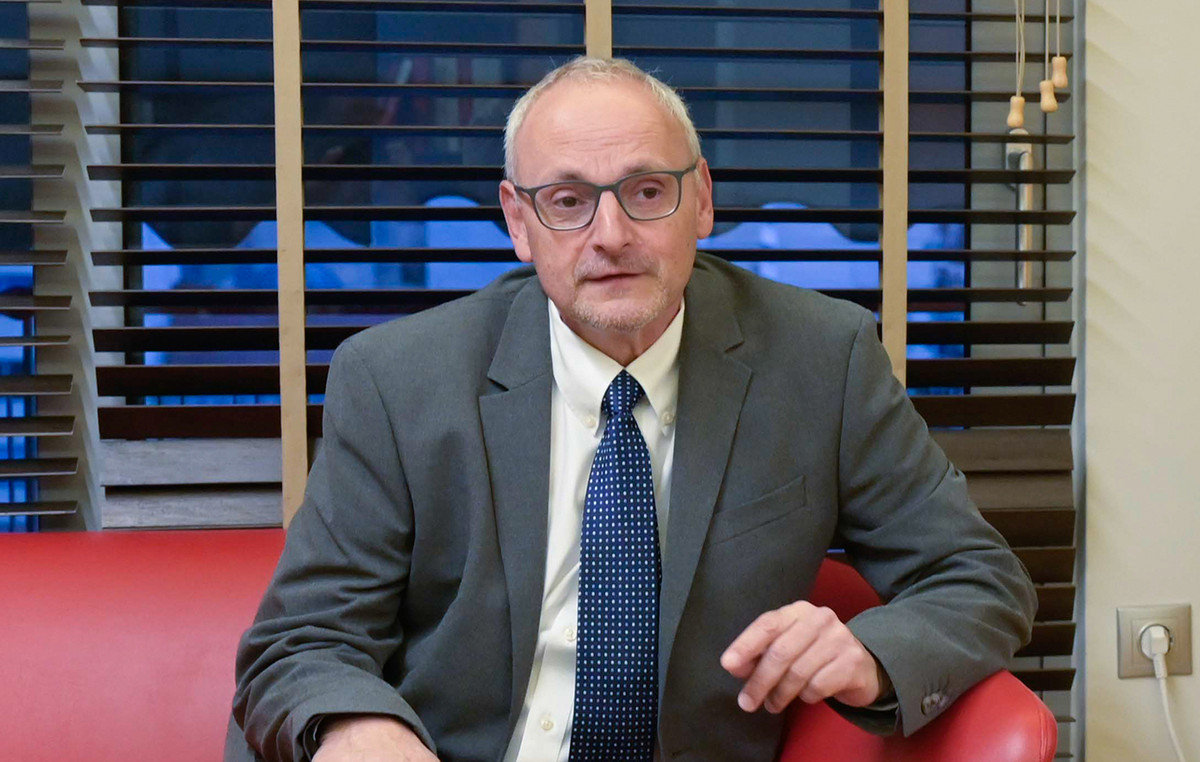Without celebrations, the European Parliament in Strasbourg “celebrated” the 20th anniversary of the euro. Anxiety about the ECB’s handling as the PEPP program comes to an end.
The ceremony in the Plenary Session of the European Parliament, on Monday afternoon, for the twentieth anniversary of the euro, is short, simple and without many guests. Probably because many other celebrations had preceded it. However, it was a good occasion for Economic Affairs Commissioner Paolo Gentiloni to recall that “the euro has fulfilled its promises”, as it is today “the second strongest currency in the world”. For her part, the head of the European Central Bank (ECB) Christine Lagarde gave impressive figures, saying for example that the annual growth rate of trade between eurozone countries is estimated at 200%, compared to just 5% before the introduction of the public with all that that entails for economic growth and job creation. This is because the risk of unpredictable exchange rate fluctuations has disappeared.
Almost all speakers express satisfaction. But few talk about the euro with the emotional charge shown by a Strasbourg veteran such as Austrian Otmar Karas, an MEP from the “People’s Party” and sometimes a minority within his own party with strong pro-European views. Maybe this is because the new generation of Europeans is growing up with the euro and has no other currency. “I remember what the then German Chancellor Helmut Kohl said ten years before the introduction of the euro,” said Karas. “That is, the course of European integration is irreversible with the euro. Because if you establish a common currency, then you will also need a political union. What does this tell us today? The euro is ready. But it is needed, like any other currency. “A common budget, a common fiscal and social policy. Monetary policy alone can not achieve all this.”
The burden on the ECB
Much has been done, but more is needed: a common budget, the completion of the banking union, new rules of economic governance, a revision of the Stability Pact. Concerns about inflation in the eurozone are evident, which seem to surprise even Lagarde. “Inflation has risen sharply in recent months, reaching 5.1% unexpectedly in January and is expected to remain high in the near future,” she said. “Energy prices continue to be the main cause.”
Some disagree. They say energy prices alone cannot be blamed, as structural inflation, which does not include energy, has soared to 3.7%. Christine Lagarde cites the “mandate” to the ECB based on its statutes, to ensure price stability and a fluctuation of inflation around 2%. He knows, of course, that in times of crisis the ECB’s operations provide a valuable “liquidity injection”, for which most are now – as was evident in Monday’s debate – grateful to the ECB. However, fans of strict fiscal discipline have a different view, sometimes accusing it of “expropriating” investors due to inflation and zero interest rates. Lagarde makes it clear that not all daring national governments can expect everything from the central bank. He does not say it directly, but indirectly: “There are things the ECB can not do. It can not turn on or off the heating, nor can it train drivers when we need them.”
References to Greek bonds
Following is a discussion on the ECB’s activities in 2021 with particular Greek interest. The rapporteur is the Greek Vice President of the European Parliament and head of the SYRIZA Eurogroup, Dimitris Papadimoulis, who, both in his introductory report and during his speech in Strasbourg, makes special reference to Greek bonds. “The inclusion of Greek bonds in the PEPP program has been and is an important positive step,” said the Vice President of the European Parliament. “However, the issue remains that Greek bonds are still not eligible for the public sector asset purchase program, despite the significant progress that has been made. “And to provide special recommendations, so that Greek bonds remain eligible and the recovery in my country is not endangered by a new round of austerity and a new debt crisis.”
All this at a time when the markets are starting to sound a “bell” for the bonds of Greece, but also of Italy. From the side of the European People’s Party (EPP), the N.D. MEP takes the floor. George Kyrtsos, who states: “Obviously I support Papadimoulis’ proposal for a special treatment, I would say, of Greek bonds. We do not want a new Greek crisis. Because there is no Greek crisis in these cases, there is a European crisis.” Christine Lagarde seemed to listen with interest to the remarks about the Greek bonds, without giving an immediate answer. Generally speaking, he stressed that, as has already been announced, “bond markets will end at the end of March 2022”. He later said that the ECB “will maintain its flexibility in monetary policy”, but that decisions should be “based on specific facts”. The Papadimouli report was approved by a large majority in the European Parliament’s Committee on Economic and Monetary Affairs and is expected to be voted in favor by the Plenary on Tuesday.
Giannis Papadimitriou
Source: Deutsche Welle
Source: Capital
Donald-43Westbrook, a distinguished contributor at worldstockmarket, is celebrated for his exceptional prowess in article writing. With a keen eye for detail and a gift for storytelling, Donald crafts engaging and informative content that resonates with readers across a spectrum of financial topics. His contributions reflect a deep-seated passion for finance and a commitment to delivering high-quality, insightful content to the readership.







